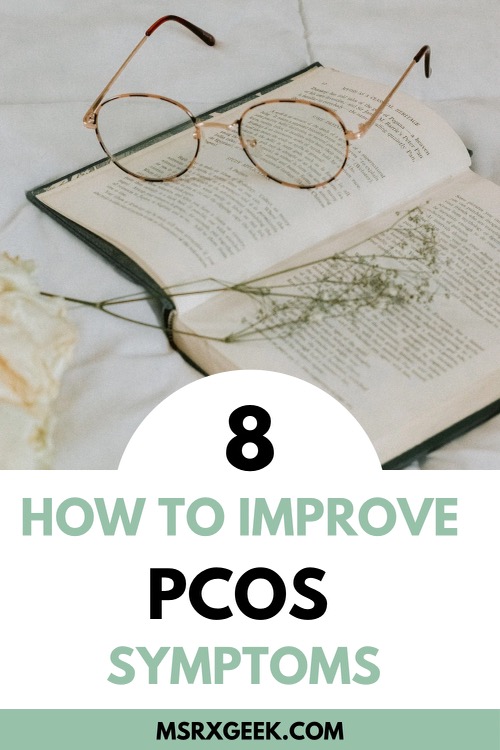Polycystic ovary syndrome (PCOS) is a common hormonal disorder that affects women of reproductive age. It is characterized by the growth of cysts on the ovaries and a hormonal imbalance that can lead to a variety of symptoms, including irregular periods, acne, weight gain, and infertility. While there is no cure for PCOS, lifestyle changes can help to reduce its symptoms and improve overall health.
- https://oleoalmanzora.com/oleoturismo-en-pulpi/ Healthy Eating: A balanced diet that is low in refined carbohydrates and high in fiber, fruits, and vegetables can help to improve insulin sensitivity, regulate hormones, and reduce inflammation. Eating smaller, more frequent meals throughout the day can also help to regulate blood sugar levels and reduce cravings.
- Can You Buy Real Tramadol Online Exercise: Regular physical activity, such as cardio and strength training, can help to improve insulin sensitivity, regulate hormones, and reduce weight. Exercise can also help to reduce stress, improve mood, and increase energy levels.
- Stress Management: Stress can affect the hormones that regulate ovulation and can make PCOS symptoms worse. Engaging in stress-reducing activities, such as yoga, meditation, and deep breathing, can help to reduce stress and improve overall health.
- https://www.petwantsclt.com/petwants-charlotte-ingredients/ Weight Loss: Excess weight can worsen the symptoms of PCOS, and losing weight can help to regulate hormones and reduce symptoms. Aiming for a slow and steady weight loss of 1-2 pounds per week can help to reduce insulin resistance and improve overall health.
- Buy Cheap Tramadol With Mastercard Sleep: Getting enough sleep is important for overall health and can help to regulate hormones. Aiming for 7-9 hours of sleep per night can help to improve insulin sensitivity and reduce stress levels.
It is important to note that while these lifestyle changes can help to reduce the symptoms of PCOS, they should not replace medical treatment prescribed by a healthcare provider. In addition, every woman with PCOS is unique, and what works for one woman may not work for another. It is important to work with a healthcare provider to determine the best treatment plan for your specific needs and health conditions.
In conclusion, lifestyle changes, such as healthy eating, exercise, stress management, weight loss, and getting enough sleep, can help to reduce the symptoms of PCOS and improve overall health. By making these changes and working with a healthcare provider, women with PCOS can take control of their health and improve their quality of life.

